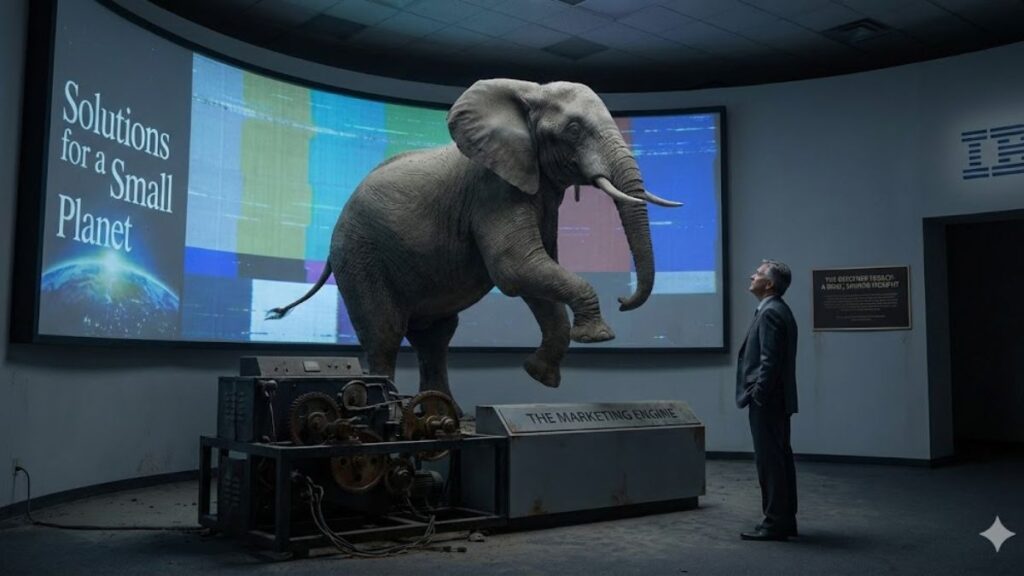Chief Data Officer (CDO) positions have become increasingly commonplace in enterprises and other organizations during the past 17 years. Capital One and Yahoo! both appointed CDOs around 2002. A 2013 Gartner study found that over 100 companies employed CDOs—more than double the number in 2012, and in a recent update to the study 257 CDOs and other high-level data and analytics leaders shared their thoughts with Gartner.
What is driving this trend? Primarily, the growing, critical importance of data analytics to businesses, industries and government agencies of every kind. That, in turn, has led organizations to recognize the need to better control and fully leverage the information they create, collect and manage. But what are the best strategies and approaches for achieving those goals? In addition, how can organizations ensure that they are employing the right people and practices?
Answers to those questions can be hard to ascertain due to rapid technological shifts, including massive upticks in the volume of information that businesses create, collect and manage. Not surprisingly, these and other relevant subjects were central to the presentations and discussions at the recent “tenth edition” of IBM’s bi-annual Chief Data Officer (CDO) Summit that the company hosted in San Francisco.
Let’s take a look at the key focal points of IBM’s CDO Summit and how the company plans to help customers deal with these issues.
The case for transformational AI
Led by Inderpal Bhandari, IBM’s Global Chief Data Officer and executives from IBM Global Services, the Summit focused on practical issues, including CDO strategies, designing data roadmaps, applying data to business issues and using data to transform business practices. These have been common themes at IBM since it began expanding its focus on and investments in advanced analytics more than a decade ago.
Over the past three years, the company has significantly grown the offerings leveraging its Watson platform as an artificial intelligence (AI) solution that can be applied to data on premises, in IBM Cloud, in hybrid (on prem and cloud) deployments and multi-cloud environments. As Bhandari noted in his keynote, the goal is to help companies develop a holistic view of internal data and external information sources and services that complement an organization’s practical and strategic objectives.
CDOs’ practical realities
During the Summit executive presentations and panel discussions, and in breakout sessions, CDOs discussed the issues and challenges they faced in often unvarnished term.
As one participant said, “I’m expected to know and be responsible for every aspect of our data implementation. If something goes wrong, I’m on the hook.” Another noted, “The story data tells is not always something people want to hear. We know people will inevitably criticize specific conclusions and details, so it’s important to keep communications open. At least then you can get the conversation moving.”
Along with these issues, the importance of user skills and preparation was a paramount concern. “People say they want access to research and to work with data but it’s hard to know whether they will know what they’re looking at or looking for. Then again, it’s amazing how supportive people can be when they believe you have their best interests at heart.”
The benefits of successful CDO programs can have tangible impacts on an organization’s success. One participant who works with a large non-profit noted that the group once relied on direct marketers to provide background details that could be used for increasing audience awareness and donation outreach. Its CDO office has helped the group develop internal data assets to create a more refined and sustainable outreach program.
Organizations are also bumping up against legal rules and requirements affecting their data efforts and strategies. Data privacy and security obviously continue to be of primary concern, along with the impact of legal requirements like the Sarbanes Oxley Act, HIPPA and the EU’s General Data Protection Regulation (GDPR). Additionally, the Open, Public, Electronic and Necessary, (OPEN) Government Data Act that was passed in January 2019 mandates that U.S. Federal agencies appoint CDOs to oversee the development and management of data inventories that account for all of an agency’s data assets.
In other words, the number of CDOs and the importance of their roles and responsibilities are rising with no end in sight.
Where IBM comes in
So, what does IBM bring to the CDO table that is of particular importance? The company highlighted data-focused projects it has developed internally as examples of how to pursue and benefit from such efforts. For example, IBM’s Workplace Support Services with Watson leverages 30+ AI-enabled data sources that continuously monitor 150,000+ customer-owned devices. Watson AI analyzes and prioritizes alerts, enabling IBM to decide which alerts are most likely to impact customers. Since implementing the program, the company’s Net Promoter Score (NPS) has risen 11 points.
Another example is IBM’s Operations Risk Insights, a Watson-powered service that issues alerts for risk events potentially affecting its 13,000+ global supply chain and data center sites. The benefits can be substantial: the company estimates that it has gained some $9 million in improved efficiencies and cost avoidance during the past two years. Plus, the Operations Risk Insights service is also available to IBM customers and partners through its Weather Company platform.
In a discussion I had with Caitlin Halferty, director of IBM’s AI Accelerator and client success, Operations Risk Insights can be seen as a template for how IBM is building out and enhancing Watson AI-enabled services. These solutions are often tailored to address the needs of specific industries and regional markets, a point that underscores IBM’s position as a truly global enterprise vendor.
Halferty noted that an IBM offering announced last fall – Automated Metadata Generation – shows the clear value that the company brings to the table. At a time when many or most enterprises are simply overwhelmed by the volume of information they create, data curation processes, including classifying terabytes of data to make it easily discoverable, can be overwhelming. IBM says Automated Metadata Generation is designed to reduce cycle time by up to 95 percent, dramatically improving data quality and related analytics results, and lead to substantial savings in productivity.
Halferty also underscored the importance of the CDO training and development efforts that IBM is offering its customers and partners. Along with improving the skills of CDOs and other data professionals, the company hopes to raise the bar in terms of what organizations can expect and achieve with their data efforts and strategies.
Final analysis
New developments are common currency in IT. In fact, you could argue that the obsession with the “new” is what defines and helps make the IT industry successful. However, far less common are technologies and trends that continue and grow, reaching a peak of momentum that presses and carries them through global markets, like ocean waves building toward and washing across the shore.
IBM’s CDO Summit in San Francisco offered tangible details and deep insights into the way that data is driving and fundamentally changing organizations for the better, and the means they are utilizing to carry out their transformations. IBM highlighted how it is using its Watson AI platform to evolve and enhance its own business, along with how it is developing and delivering Watson AI services and solutions to clients.
Finally, IBM’s CDO training and other efforts underscore the company’s deep belief in the critical importance of information for enterprises of every kind. With these efforts and other CDO-related developments, IBM is helping to ensure its own and its customers’ and partners’ future success.
- Dell Concept Luna – Inspiring Sustainable Innovations with Circular Design - December 21, 2023
- AI Alliance: IBM, Meta, Dell and 50+ Founding Partners Pursue Open, Transparent and Safe AI Innovation - December 13, 2023
- Dell Technologies: Creative Partnering = GenAI Innovation - November 30, 2023




Comments are closed.